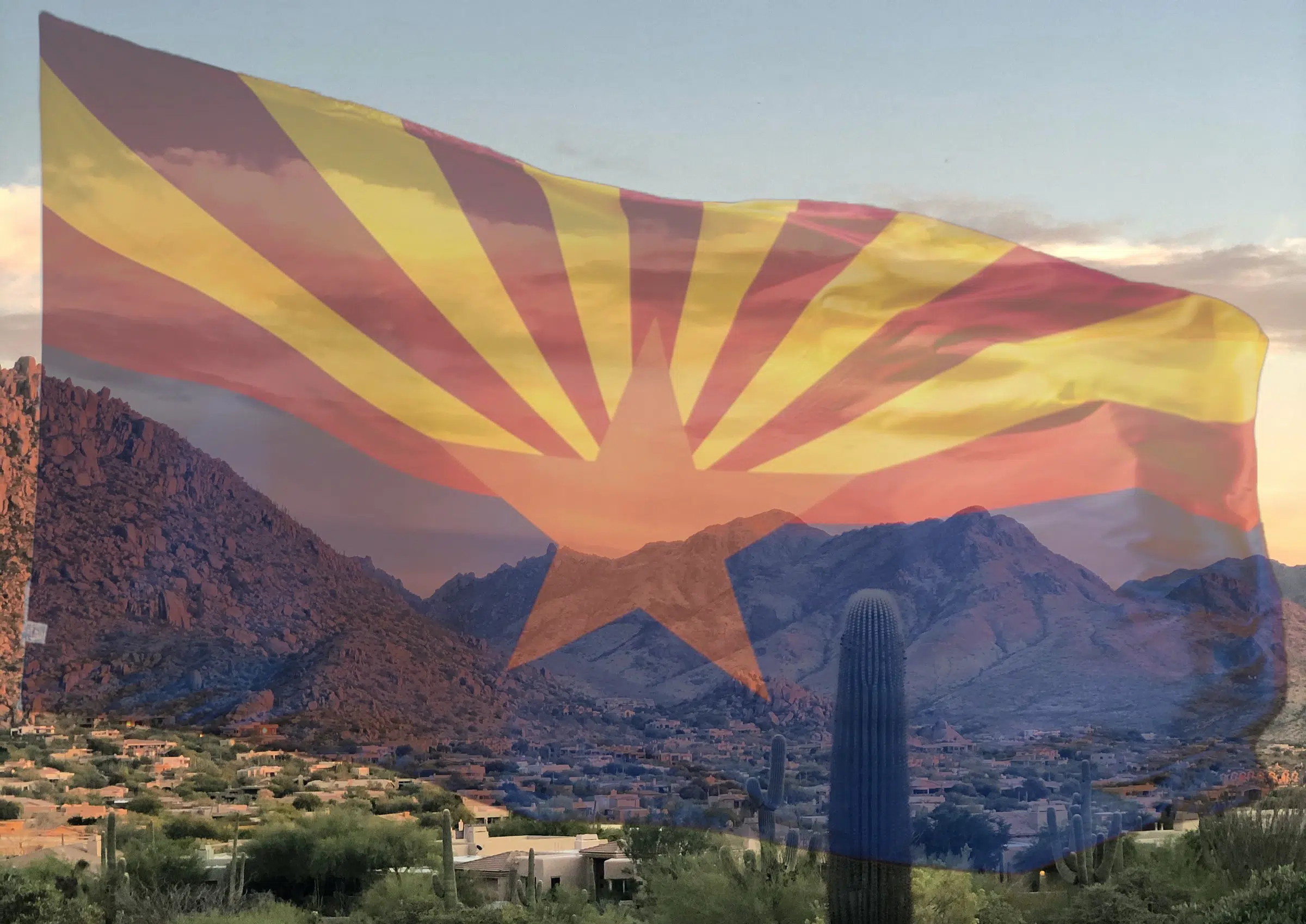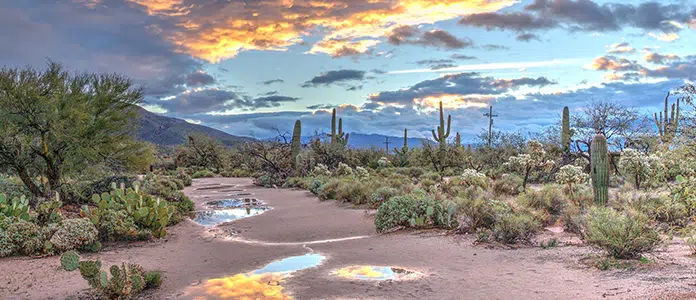Randomized Drawing to the Select Few. On April, 8 2022 the Arizona Department of Health Services conducted a digital lottery on approximately 1,500 applications to award 26 adult use only marijuana dispensary licenses. The drawing did not disappoint several regional and multi-state operators who had partnered with sometimes hundreds of social equity qualifiers[1] to enter the lottery. Of the 26, approximately 80% appear to have been awarded to entities whose principals own or are executives of already-existing medical and adult use ‘dual licensee’ operators.
However, the partnering of social equity qualifiers with regional or multi-state operators of cannabis dispensaries was not unexpected, given the Department’s application criteria that the owners of an applicant must include a person with low income who had been prosecuted for minor cannabis crimes living in a disadvantage zip code zone. And, given the high cost of locating, planning, obtaining permitting, constructing and opening a dispensary, social equity qualifiers were smart to partner with experienced operators with deep pockets.
Social Equity Qualifiers May Take a Payout Now or Later. The Department’s Regulations[2] implementing the social equity program did not preclude a social equity qualifier from selling all or a portion of his/her initial 51% ownership interest in the successful applicant, meaning that after the license is awarded, the social equity qualifier could choose to remain an owner or sell its ownership interest, presumably for a substantial sum[3]. The Regulations merely prohibited buy-sale agreements being entered into between the social equity qualifier and other owners prior to the application for the license.
These free-transferability provisions of the Regulations drew substantial criticisms from organizations attempting to keep majority ownership in minority communities ravaged by poverty and the war on drugs – they cried, wasn’t that the point of the social equity program? Admittedly, free-transferability does not appear to serve the disproportionately disadvantage community over the long haul, but arguably does serve the community of the social equity qualifier himself/herself who is paid for his/her majority interest in the license. Recent lawsuits filed by social equity qualifiers were dismissed and word on the street says that new lawsuits are being prepared for filing. Whether these will be successful, unlike earlier lawsuits filed to stop the lottery that were dismissed early in the litigation, is unknown at this time.
Valuation of Social Equity Licenses. Immediately following the awards announcement communications about selling the licensed entities and/or the partners’ interests in the entities were rampant. Some market watchers predicted that a social equity licensee would sell for $15 million, thereby yielding the social equity qualifier a cool $7.6 million. Others said the market could not support that pricing and that $5 million was more appropriate. Reportedly one of these licenses is under contract for $10 million.
While some prospective buyers are jumping at the chance to make a purchase now, others are waiting for resolution of partner disputes (addressed in the next paragraph below), location zoning (two paragraphs below) and the ticking of a regulatory opening requirement (see “The 18 Months to Open Requirement” below) and the chance to make a purchase at a distressed value at $5 million to $8 million.
Dispute Resolution Services Required. Almost immediately after the awards were announced business brokers in the Arizona cannabis community reported dissention between social equity qualifiers and their regional or multi-state partners over management and ownership of the licensee. In one case it was reported that a national brand minority partner refused to permit the majority owner social equity qualifier to stay on the license, offering a small amount of cash in a buyout proposal, which the social equity qualifier declined. Other reports have claimed the regional or multi-state partner offered miniscule buyout dollars (e.g., $2,000 or $10,000) to remove the social equity qualifier from the license. We hear that lawsuits are again being prepared to challenge these buyouts on the bases of fraud, misrepresentation and unjust enrichment committed against the social equity qualifier.
The Zoning Conundrum. And then there’s those pesky zoning laws social equity licensees must contend with. Applications for a social equity license did not require designation of the intended location of the adult use dispensary, and it’s likely that many of the licensees do not yet have a designated location. They must be scurrying to find a properly-zoned location in a somewhat populous area that will support the expense of opening a retail dispensary. Why the challenge, when Arizona has a couple of large metropolitan areas and a burgeoning economy? Whether intentionally or unwittingly, many of the cities in heavily-populated Maricopa and Pima Counties (e.g., Phoenix and Tucson, respectively) adopted adult use marijuana zoning codes prohibiting standalone adult use dispensaries (dual licensees, however, would generally be acceptable). Thus, sites that are properly zoned for a standalone adult use dispensary are limited.
The 18 Months to Open Requirement. As with other marijuana licenses awarded in earlier tranches, social equity licensees must open their doors to the public within 18 months after the award date on April 8, 2022. Plenty of time, you say, to get the entity’s affairs in order, resolve management/ownership disputes, find a location, apply for a use permit, engage construction professionals, build out the dispensary and apply to the Department for its inspection and issuance of an approval to operate. Maybe. But not if the management/ownership disputes go to court for resolution; or there are insufficient funds and funding sources to capitalize the pre-opening activities; or a properly-zoned location suitable to the owners’ needs is not discovered. As the months tick by, expect sales prices to decline.
Conclusion: In conclusion, the social equity license marketplace in Arizona is in flux, faced with challenges not easily resolvable. All of its participants see the value of these licenses and the opportunities for jobs and tax revenue produced by these 26 new businesses. But one question remains: Given the challenges mentioned in this article, will any timely open for business?
[1] The Regulations promulgated by the Arizona Department of Health Services pursuant to authority granted the Department in the Arizona Smart and Safe Act (also known as “Prop 207”), A.R.S. §§ 36-2850 et seq. (“Regulations”), enacted effective January 1, 2021, permitted principal officers and board members (which would include the social equity qualifier) of the applicant to make no more than two license applications (A.A.C. Title 9, Chapter 18). Thus, numerous new entities, with differing owners, were formed to overcome this limitation.
[2] R9-18-101 et seq.
[3] See “Valuation of Social Equity Licenses” section below for a discussion of pricing.





